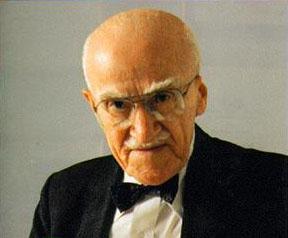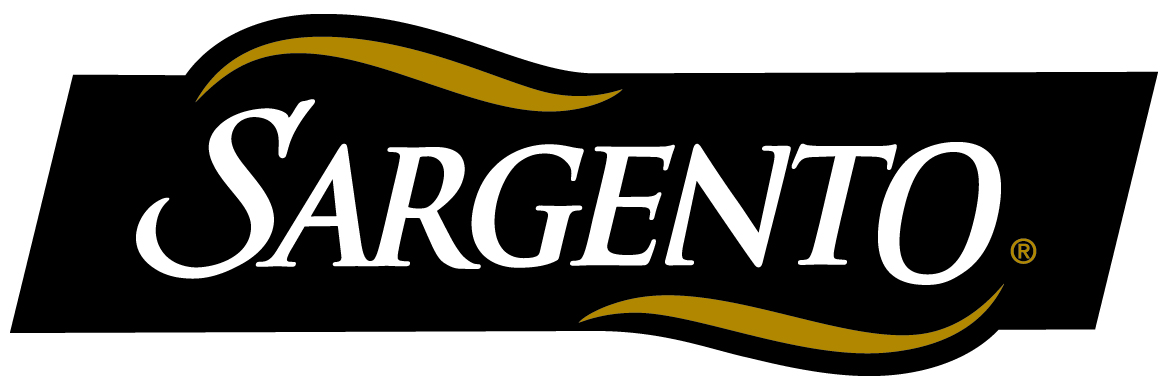April’s topic for the Influential Voices that ASQ’s CEO Paul Borawski wanted to discuss, is about the existence or not of a National Quality Award in our countries.
My country, Argentina has been working on that for the more than 20 years.
In 1991, in order to be part of the world effort to bring quality at the front line and based on the well-known “Deming Prize” (Japan, 1951) and “Malcolm Baldrige Award” (USA, 1987), an Argentinian institution called “Business Institution for Quality and Excellence – FUNDECE” (for its initials in Spanish – Fundación Empresaria para la Calidad y Excelencia) promoted and actively participated along with the Government and the community in the creation of a “National Quality Award – PNC” (for its initials in Spanish – Premio Nacional a la Calidad) in recognition of Argentinian companies that have implemented successful quality-management systems.
In 1992, the Law 24.127 was enacted where the award and events related to, were considered of national interest, with symbolic and non economic nature.
The award is presented annually by the President of Argentina in the month of October, which was declared “Quality Month” for being the month when the law was enacted.
Organizations that apply for the PNC are judged by an independent board of examiners and judges that evaluate them and assign a final score base on quality criteria defined by the organization responsible for the award management. In general, applicants are evaluated in the following criteria:
- Leadership: focus on how the upper management leads the organization based on its responsibilities and the commitment it has in guiding the organization toward achieving a quality organization and excellence. It includes among other factors: Management, Innovations and Social Responsibility.
- Management System: this criterion focus on analyze and evaluate the practices and/or methodologies implemented by the organization toward achieving the goals set by its upper management. It includes factors such us: Strategic Planning, Customer and Market Management, Process Management, Human Resources Management, and Resources Management.
- Results: The results demonstrate business effectiveness of leadership from the upper management in pursuit of excellence and quality management system in the organization. This criterion focus on understand, evaluate and compare each of the factors considered, the relevance of measurements and indicators presented comparing with the goals set by the organization in each case, and the results of its main competitors and/or companies considered as models of excellence in the local and international market.
Working together toward a quality life and quality organizations, we are contributing to develop a quality country.





